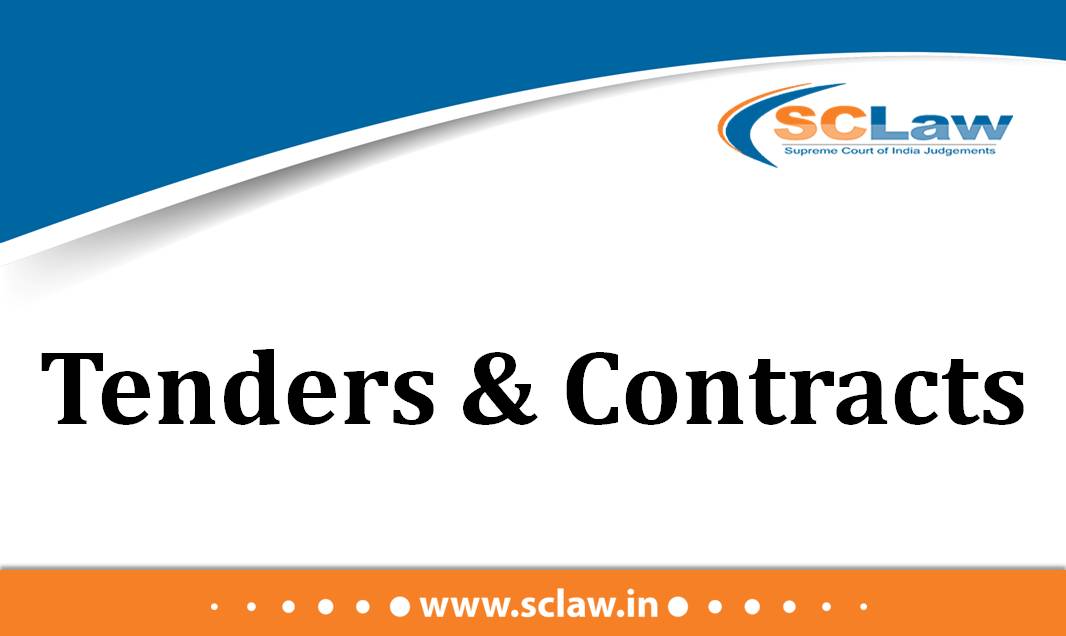Bird and Company Limited (Acquisition and Transfer of Undertaking and Other Properties) Act, 1980 – Sections 3 and 7 – Renewal of mining leases granted to Bird and Company Limited, which were later vested in Bharat Process & Mechanical Engineers Limited (BPMEL) after nationalization. BPMEL, in liquidation, and its subsidiary OMDC are central to the case – The dispute revolves around the renewal of three expired mining leases: Kolha-Roida, Thakurani, and Dalki – TGP Equity Management Private Limited, an assignee of UCO Bank’s claims against BPMEL, seeks renewal or transfer of these leases – The Government of Odisha and the Union of India argue against renewal, citing BPMEL’s non-operation and financial constraints – The Supreme Court dismissed TGP’s appeals and upheld the State of Odisha’s order, rejecting the renewal of the Kolha-Roida lease – The Thakurani and Dalki leases are also rejected, citing the impracticality of renewing leases for a defunct company and the lack of a viable mining operation plan – The dispute should be resolved, with dues settled under the Companies Act, 1956.
(2024) INSC 440 SUPREME COURT OF INDIA DIVISION BENCH CHIEF SECRETARY GOVERNMENT OF ODISHA — Appellant Vs. BHARAT PROCESS AND MECHANICAL ENGINEERS LIMITED (IN LIQUIDATION) AND OTHERS — Respondent (…



